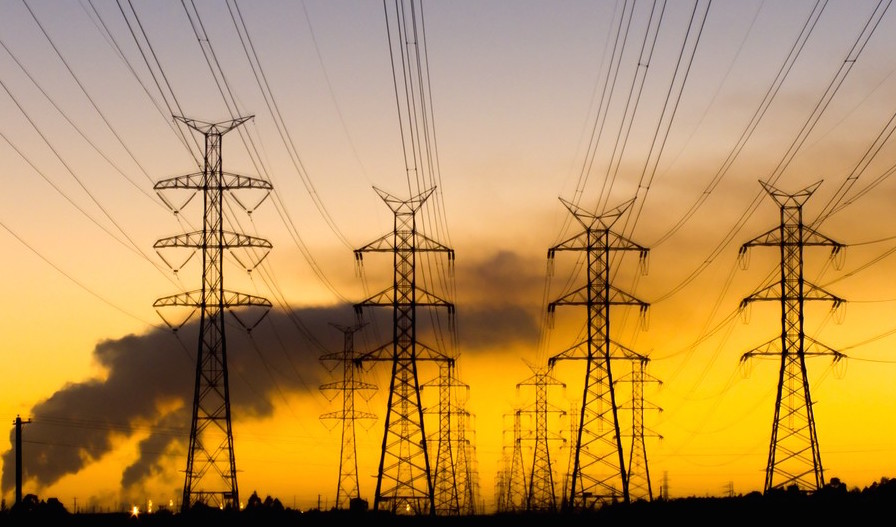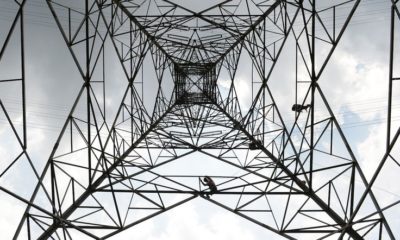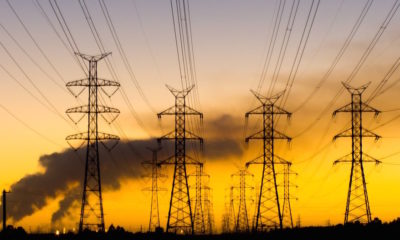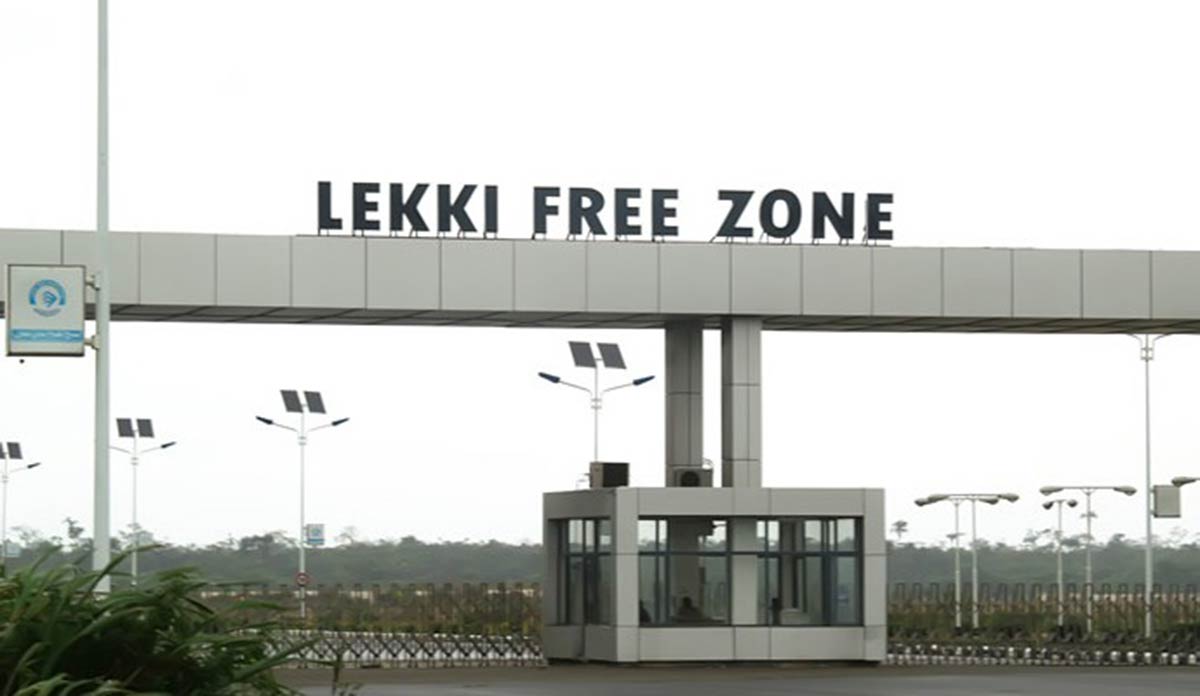Economic experts are optimistic about the potential of Nigeria’s Free Trade Zones (FTZs) to boost the nation’s economy significantly.
According to recent analysis, these zones could generate more than the N11.11 trillion they have already remitted to the Federation Account as of October 2023.
The Director of the Centre for the Promotion of Private Enterprise (CPPE), Muda Yusuf, said the FTZs will help facilitate forex.
“Nigeria’s urgent need for foreign exchange necessitates leveraging our free zones to enhance non-oil export revenue and reduce dependency on crude oil earnings,” Yusuf stated.
He pointed out the success stories of other countries, notably Dubai, which has effectively utilized its free zones to generate foreign exchange and attract significant investments.
“Our free zones must strive to do more, as we are still heavily reliant on oil and gas for our foreign exchange earnings. Increased investment in these areas is crucial,” he added.
Supporting this perspective, the Managing Director of the Nigeria Export Processing Zones Authority (NEPZA), Olufemi Ogunyemi, recently highlighted the economic contributions of the FTZs while addressing the Senate Committee on Industry, Trade, and Investment.
Ogunyemi noted that these zones have created substantial wealth for the states hosting them and generated significant revenue for various agencies.
“Agencies such as the Nigeria Customs Service, the Immigration Services, and the Nigerian Ports Authority have seen revenues of N59.38 billion, N828.7 million, and N8.738 billion, respectively, while states have received N998 million in Pay As You Earn (PAYE) remittances,” Ogunyemi reported.
He also highlighted the broader impact of the FTZs, noting that as of the end of 2023, the 46 licensed zones had provided 38,429 direct jobs and an additional 172,930 indirect jobs.
Foreign direct investment (FDI) worth $491.8 million and local direct investment amounting to N1.15 trillion have flowed into these zones, with N1.62 trillion worth of cargo imported from 2019 to 2023, saving scarce foreign exchange.
David Adonri, Vice President of Highcap Securities Limited, praised NEPZA’s achievements, suggesting that the government use these successes to encourage more Nigerians to start manufacturing businesses within the FTZs.
“The remittances from the free trade zones are commendable and should be a marketing tool to attract more investments,” Adonri said.
However, some experts believe there is room for improvement. Professor Olusegun Ajibola of Babcock University argued that while the remittances are noteworthy, they are not yet at a level worth celebrating.
“The government needs to intensify efforts in revenue generation from these zones as they were established at a significant cost to the host states,” Ajibola remarked.
He called for a review of the 32-year-old NEPZA Act to address any challenges and enhance the performance of the FTZs.
As Nigeria continues to seek ways to diversify its economy and reduce reliance on oil, the FTZs present a promising avenue. With strategic investments and robust management, these zones could indeed surpass their current contributions, fostering economic growth and stability for the nation.


 Naira4 weeks ago
Naira4 weeks ago



 Naira4 weeks ago
Naira4 weeks ago


 Naira4 weeks ago
Naira4 weeks ago
 Naira3 weeks ago
Naira3 weeks ago




 Naira3 weeks ago
Naira3 weeks ago






 Naira3 weeks ago
Naira3 weeks ago




 Naira2 weeks ago
Naira2 weeks ago






 Naira3 weeks ago
Naira3 weeks ago














